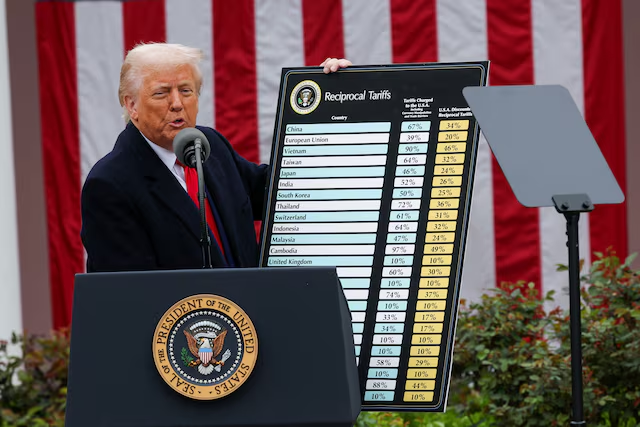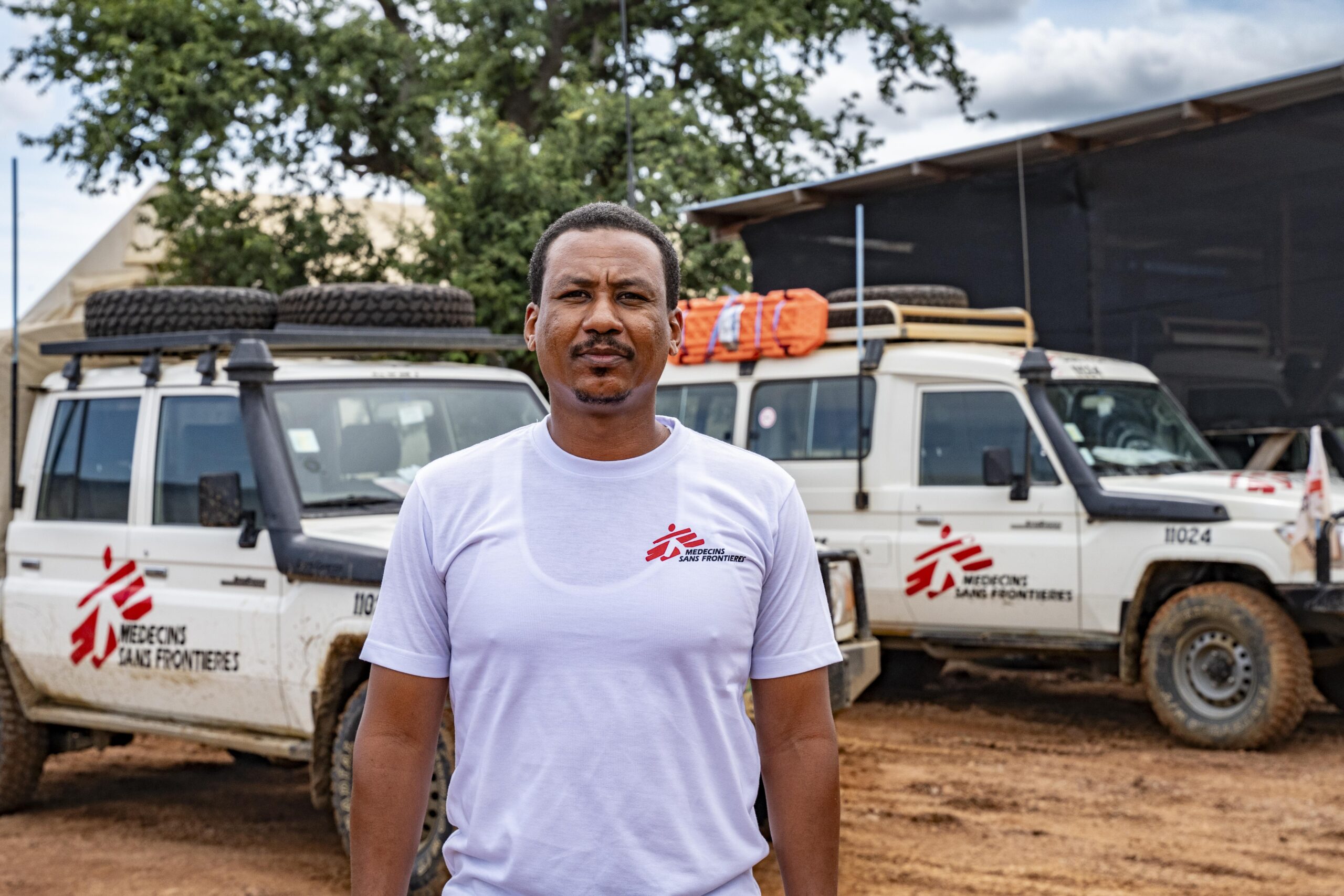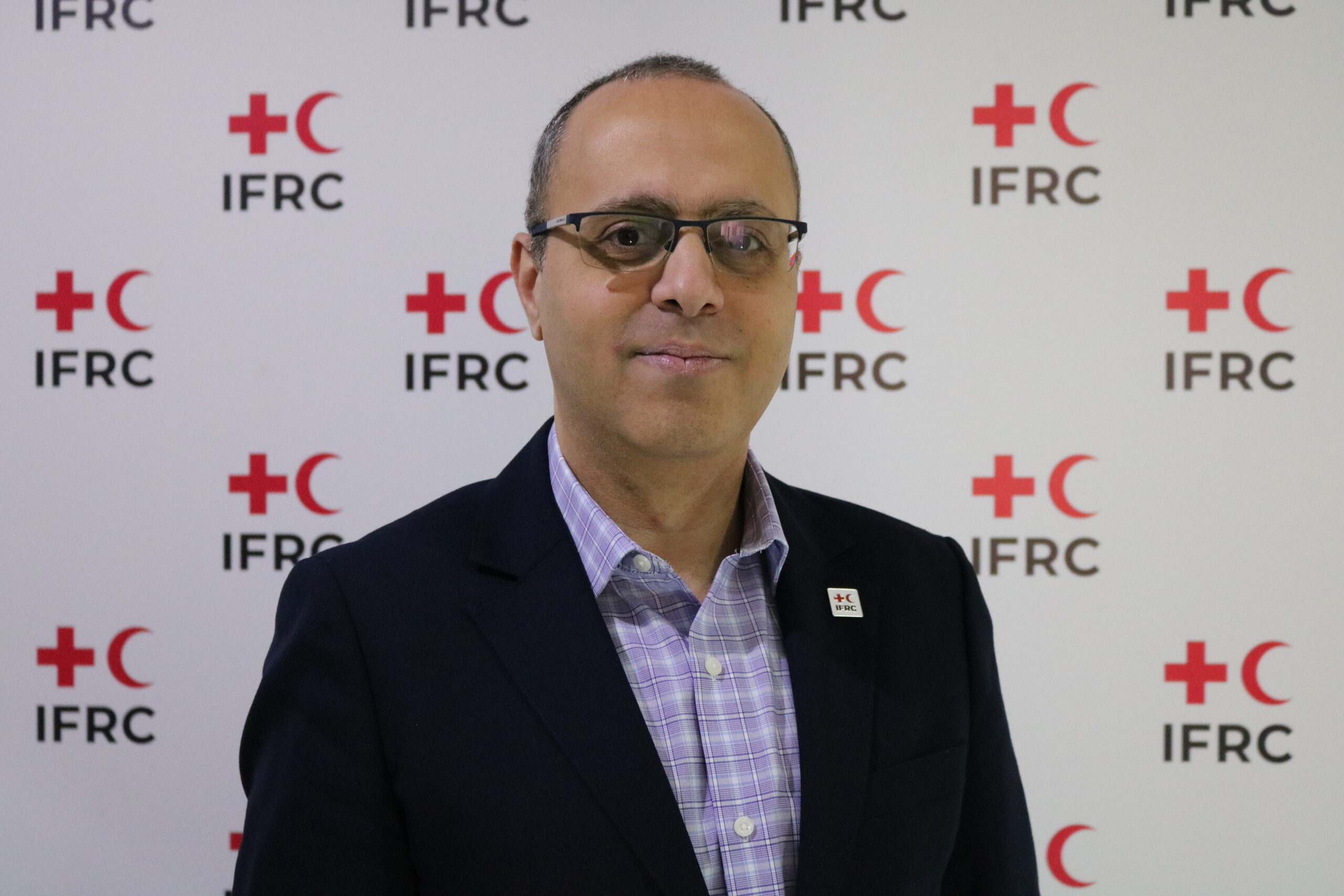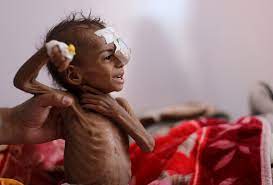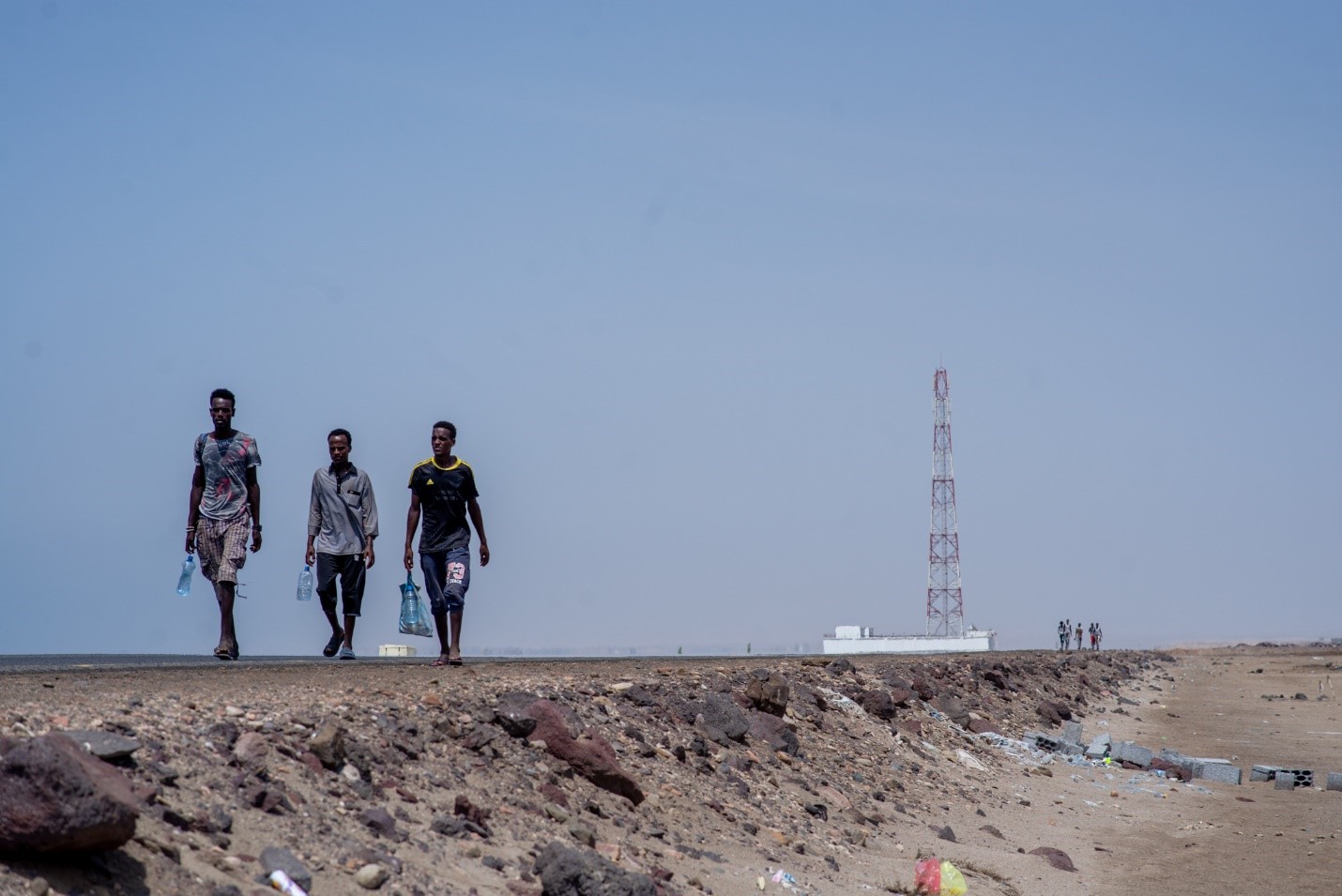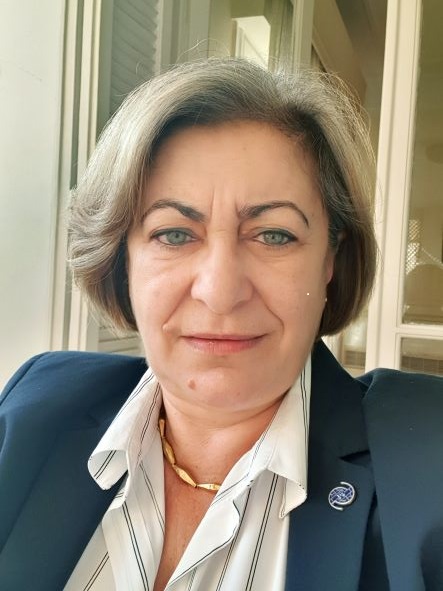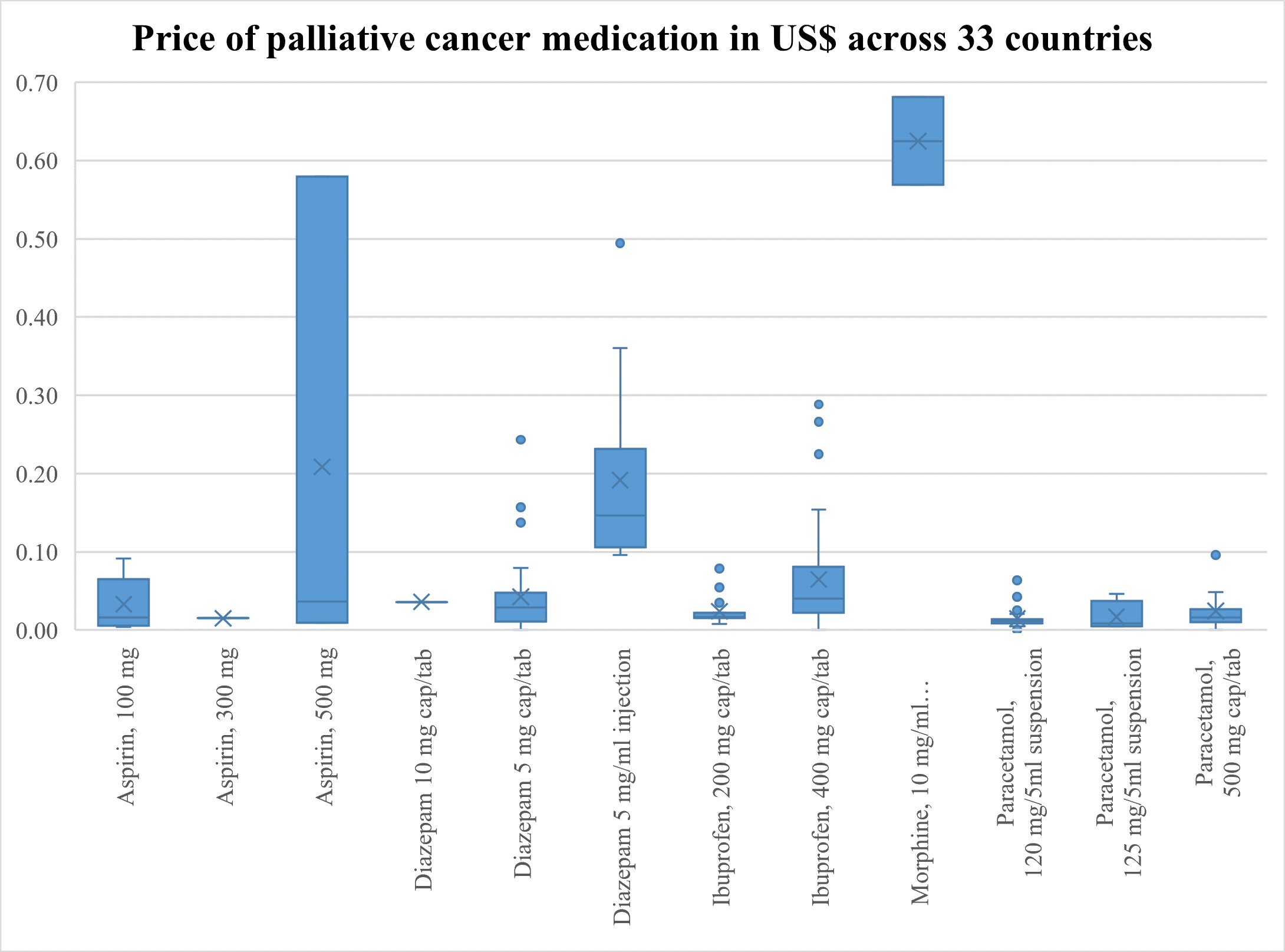A sustainable and healthier future in the Eastern Mediterranean Region
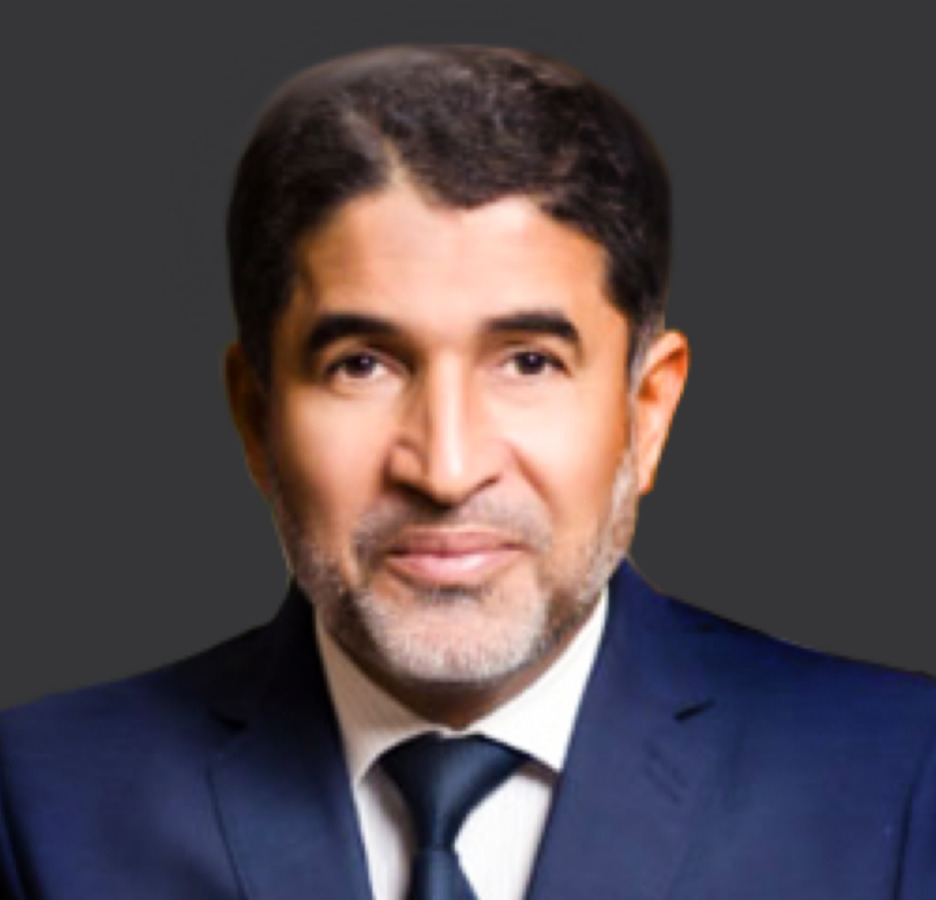
Dr. Ahmed Al-Mandhari, WHO Regional Director for the Eastern Mediterranean.
WHO’s Eastern Mediterranean Region is highly diverse and subject to emergencies including conflict and humanitarian crises – a situation that has only been exacerbated by the COVID-19 pandemic, which has caused severe disruption to health services and economies.
The COVID-19 crisis has revealed how poorly prepared the world was, not only for a pandemic but in its preparedness to address other major health emergencies. It exposed major gaps in political leadership, financing and public health systems and tools, as well as gross inequities in many areas. However, the pandemic has also provided us with an opportunity to harness evidence from the lessons that we have learnt; to increase investment in health and health security and to adopt innovative solutions to the challenges we face in order to enable a healthier and more sustainable future.
Our first step in achieving this must be addressing underlying health inequities. By recognizing inequities in health and their social determinants, we can succeed in our efforts to build back fairer and better, making health and social systems more equitable and achieve our regional vision of “Health for All by All”.
In 2021, WHO urged countries to step up action to reverse worsening trends of inequity aggravated by the COVID-19 pandemic, ongoing conflict, mass movements of people, environmental challenges, gender inequities and unemployment.
Health inequities are directly related to a lack of social justice. Our firm belief is that without measures to ensure a more equitable distribution of wealth and without greater commitment of governments to increase expenditure, health inequities across the Region will only increase.
The Region as a pioneer
One of the most critical lessons learnt from the pandemic is that without peace, stability and global collaboration, sustainable development and our hope for a better future for humanity stagnates.
The Health for Peace Initiative was launched in November 2019 with the active support of Oman and Switzerland, and has since evolved into the Global Health for Peace Initiative. This Initiative upholds principles that are relevant to both the success of health programmes and the pursuit of peace dividends – equity, inclusiveness, participation, local ownership/leadership and context specificity. To increase awareness, traction and momentum of the Initiative we need to foster internal and external engagement and build effective partnerships that can realize our goals.
The Global Health for Peace Initiative recognizes the importance of fostering and promoting peace through dialogue and engagement with international stakeholders and international bodies at regional and global levels by engaging actors within and beyond the health sector, including civil society organizations, academia, and communities.
Engaging communities also ensures that essential health services and developmental programmes are maintained by enhancing accountability and efficiency, while meeting the needs of the beneficiaries. It also brings affected communities closer together, especially during emergencies.
The report of the Commission on the Social Determinants of Health in the Eastern Mediterranean provides a list of actionable recommendations that place social justice and health equity at the centre of all action, and WHO invites policy- and decision-makers to implement these recommendations to address health inequities, including gender inequality, which has a critical influence on health outcomes, and the promotion of social justice and fairness.
In a Region where many countries face protracted and acute emergencies, it is essential to build partnerships at both the regional and country level to ensure effective multisectoral action to support progress towards our vision of “Health for All by All”. High-income countries of the Region have been striving to enhance engagement through the establishment of multilateral and bilateral partnerships, in partnership with United Nations agencies and international development partners, and we have made progress in advancing towards universal health coverage (UHC). Through these joint efforts we are building stronger, better integrated, people-centred health systems; tackling communicable and noncommunicable diseases; and securing the health rights of refugees, migrants, and displaced populations.
We have also become experts in dealing with multi-hazard emergencies
WHO is supporting countries to build more resilient health systems based on their experience with the pandemic response and leveraging lessons learnt globally. The Organization has been conducting technical reviews of health systems to facilitate the development of country-specific visions and roadmaps to achieve UHC and health security. During the pandemic, it became evident that disruption to essential health services was much greater and more prolonged in those countries with weaker health systems.
The Regional Health Alliance, a partnership of multilateral health, development and humanitarian agencies launched at the end of 2020, aims to promote harmonized and accountable support to countries of the Region to accelerate progress towards the health-related Sustainable Development Goals (SDGs) and facilitate implementation of the Global Action Plan for Healthy Lives and Well-being for All. Political commitment has been key to stepping up action to address the underlying causes of ill health, and the adoption of wide-ranging initiatives has resulted in notable advances in many areas.
Increasing innovation and investment
Much more could have been achieved but efforts have been hindered by a lack of financial investment, exacerbated by the escalating economic impact of the pandemic, increased poverty and reduced public revenues.
A major priority for the Region is to strengthen health system governance to advance towards UHC and health security, focusing on reshaping the role of health authorities, reviewing health-relevant legislation and legal frameworks and adopting more innovative approaches to address gaps that have grown alarmingly wide in vaccination coverage, in the provision of quality nutrition services and in the asymmetry of social benefits between countries. Such gaps have taken a heavy toll on the health, well-being and sustainable development of our populations and must be addressed.
Innovative approaches can accelerate impact in fragile settings – a great example of this was the investment that WHO made in developing a data-driven strategy to scale up access and availability to medical oxygen in Somalia. By leveraging the COVID-19 response, WHO not only made an investment in the treatment of COVID-19 patients but also in treating all patients requiring supplemental oxygenation therapy. Such innovative solutions could be exemplary in other settings and help to reverse gross health inequities.
In pursuit of a sustainable and healthier Region, more innovative solutions are needed to which all stakeholders, partners and players can contribute. One example of such a priority area is the serious impacts of climate change and environmental exposures on health and almost all aspects of life.
Environmental exposures are one of the key determinants of health across the life course. Environmental determinants of health are responsible for about 23% of the burden of disease, including more than 1 million deaths and 38 million disability-adjusted life years lost each year in the Eastern Mediterranean Region, with an estimated annual loss of US$ 144 billion. Many of the affected are women and children who live and work in areas that are polluted or have fragile ecosystems, are more exposed to household pollution and who are at greater risk from diverse environmental factors. Although the COVID-19 pandemic demonstrated that curtailing and regulating unsustainable human activities can have a positive impact on air pollution and climate change, ensuring a lasting effect and green recovery remains a huge challenge.
Innovation and increased investment to address public health issues, such as service provision for noncommunicable diseases, are essential, and investment in mental health, disability, rehabilitation and assistive technology are also key to achieving the 2030 Agenda for Sustainable Development. Motivating and empowering communities to make informed, healthy, safe and sustainable choices, improving availability, access to, and affordability of effective, safe, people-centred quality health services, and improving nutrition and food security for all populations, including vulnerable populations, are also a critical priority for the Region and key elements to successfully achieve our regional initiative health for all by all.


